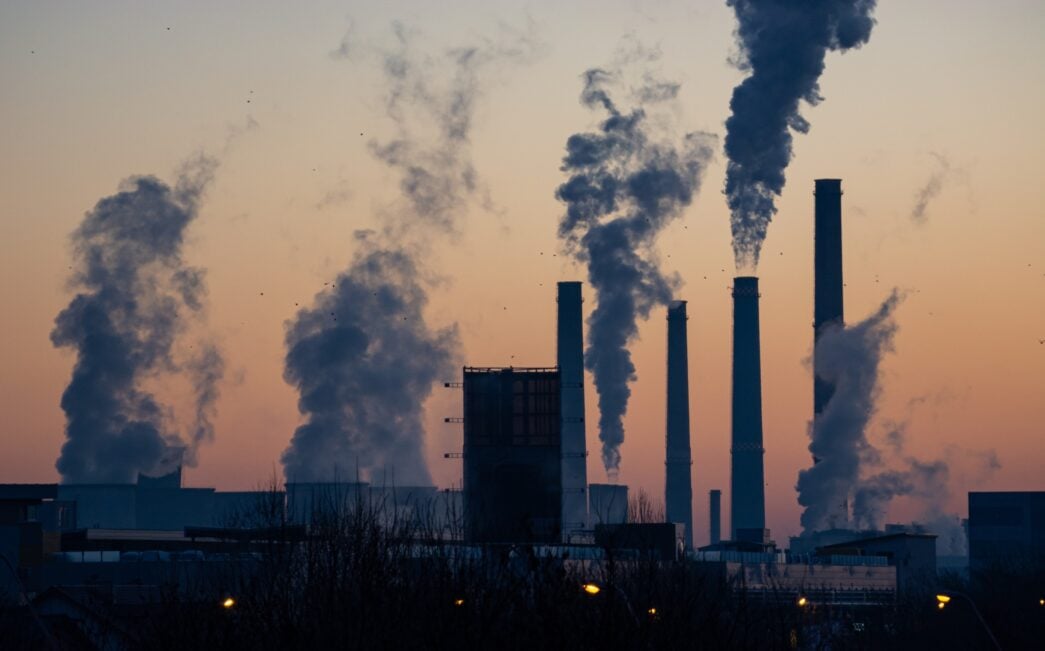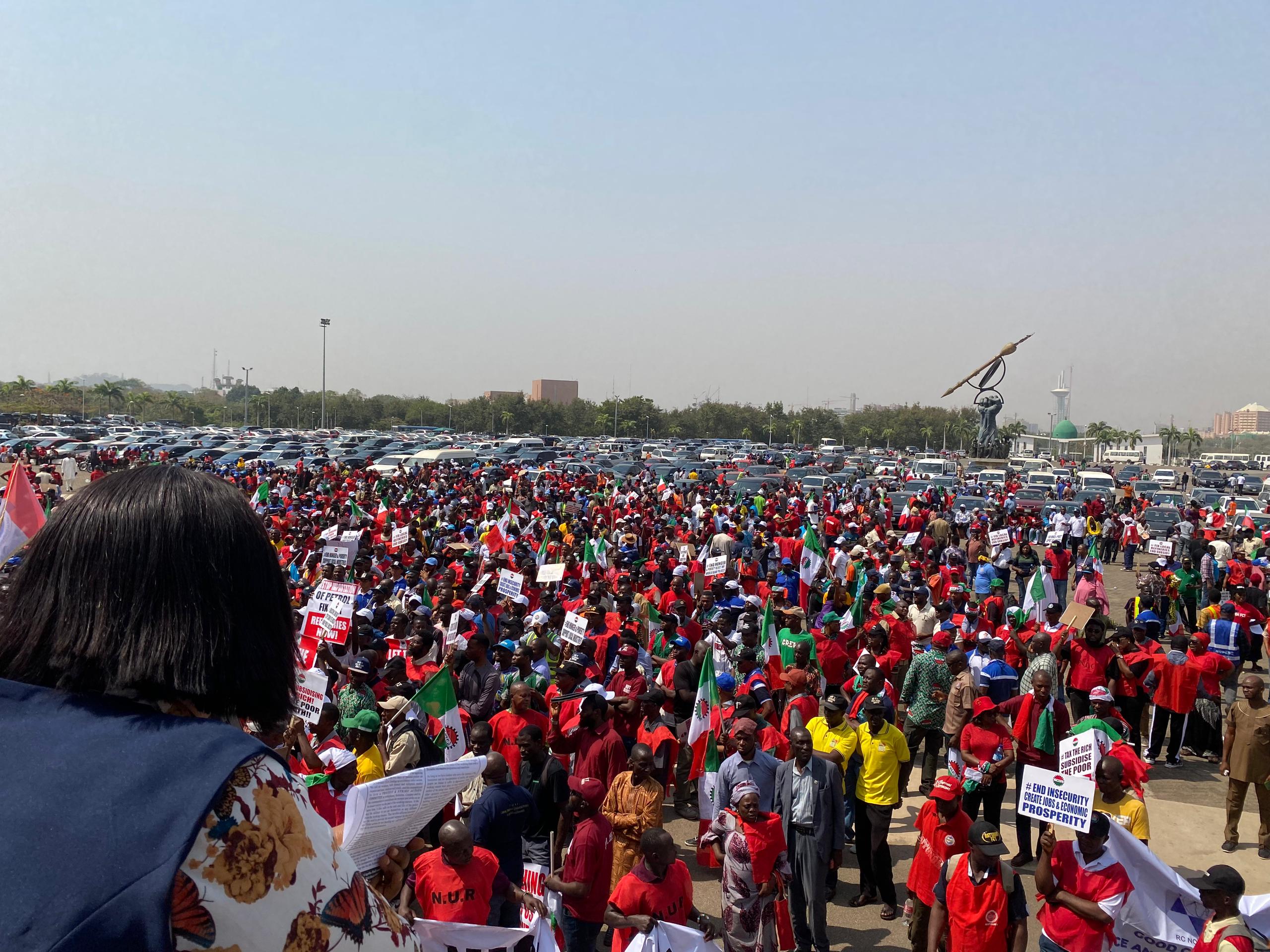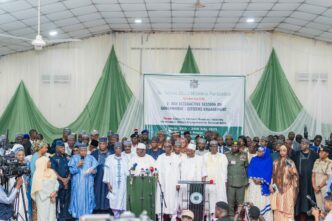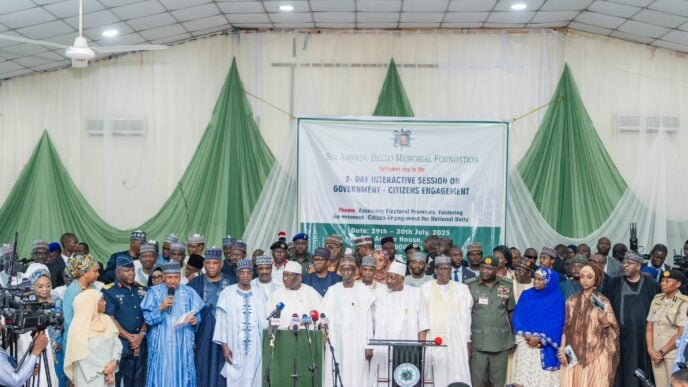BY MOHAMED ADOW
In the global fight against climate change, carbon markets are fast becoming the polished Trojan horse wheeled into African capitals. The pitch is compelling: generate income by selling carbon credits, attract green investment, and become a global leader in nature-based climate solutions. But beneath the surface, the very actors who caused the climate crisis, the big fossil fuel companies of the world, are poised to win the most. Africa, meanwhile, is offered scraps wrapped in green ribbon.
The African Carbon Markets Initiative (ACMI) is being sold as a silver bullet; as a way to unlock $120 billion for African economies by 2050 through the sale of carbon credits. Yet this seemingly lucrative promise masks a dangerous reality: ACMI risks propping up polluting industries while delivering negligible benefits to African communities. It is a classic case of climate injustice, where those least responsible for the crisis are asked to carry the heaviest burden, all while the culprits laugh their way to the bank.
It should shock no one that oil giants such as Shell and BP are at the heart of the voluntary carbon markets. These are not passive observers or external funders, but active players who are brokering credits, developing offset projects through subsidiaries, and strategically positioning themselves as climate champions while continuing to expand fossil fuel production.
Advertisement
Shell, for instance, profits from selling fossil fuels to companies, and then sells them carbon credits to offset those very emissions. It is a win-win for Shell… and a lose-lose for the planet. Offsets give polluters a license to emit under the guise of environmental responsibility, enabling fossil fuel companies to avoid the hard, urgent task of cutting their emissions in line with the Paris Agreement.
This is not just about bad optics. It’s about fundamentally undermining global climate goals. Rather than driving down emissions, carbon markets allow them to persist as repackaged, relocated, and relabelled as “neutralised” products. The result? A global climate strategy that resembles a shell game, with Africa as the table.
The notion that fossil fuel companies can use carbon credits to reduce the “carbon intensity” of their operations is a smokescreen that has been eagerly adopted by corporate PR teams. It suggests progress without requiring transformation. It allows companies to expand oil and gas operations while boasting about carbon neutrality. And it shifts the burden of climate action from polluters to poor communities already grappling with the impacts of a warming world.
Advertisement
This is the ugly truth behind ACMI: it enables the very industries responsible for climate chaos to delay transition while claiming climate leadership. It diverts attention from the need for deep structural change, both in corporate behaviour and in global financial systems. And it reduces Africa’s rich ecosystems and cultural landscapes to commodities on a global carbon ledger.
There is no denying that Africa faces a massive climate finance gap. Adaptation alone may cost $50 billion a year by 2050, while a clean energy transition could require upwards of $125 billion annually from 2026. Yet the solution is not to sell our carbon sinks for pennies on the dollar. It is to demand our fair share of grant-based and concessional climate finance from the countries and companies that created this crisis.
In 2020, sub-Saharan Africa received a paltry $15.7 billion in concessional climate finance. This is grossly insufficient, especially when contrasted with the $37 billion annually that African governments still spend on fossil fuel subsidies. Investment in renewable energy on the continent remains stagnant at just $9.4 billion a year, less than a third of what we invest in fossil fuels. The imbalance is stark, and carbon markets will only deepen it.
Instead of putting Africa’s climate future in the hands of market brokers and corporate intermediaries, we need direct funding mechanisms that put communities, not corporations, at the center of climate solutions. Africa must chart a different course; one rooted in climate justice, not corporate convenience.
Advertisement
We must reject carbon markets like ACMI and instead demand an alternative model, and here I suggest a Polluters Pay Fund managed by and for Africa. This fund would channel financial contributions directly from polluting companies to African climate projects, bypassing middlemen and maximising the value received on the ground.
Here’s how it would work: cut out carbon credit traders and consultants and direct funds to African-led climate projects with clear accountability and community ownership; set a price on pollution that actually encourages companies to reduce emissions, rather than paying to delay change; and ban greenwashing, thus companies would pay a fee for every tonne of carbon they emit, with no claim to offset those emissions. This is responsibility, not reputation management.
Such a fund would support a wide range of initiatives, from renewable energy to agroecology, water conservation, and climate-resilient infrastructure. More importantly, it would respect African sovereignty and development priorities, ensuring that climate finance does not replicate the dynamics of dependency and control that have plagued previous aid models.
To truly scale climate action, African leaders must also pursue diversified sources of sustainable finance. These include debt justice, redirecting fossil fuel subsidies to renewables, demanding fairness at the UNFCCC regarding climate finance, and developing regional partnerships. From the Amazon to Asia, the Global South must unite to embed alternatives like the Polluters Pay Fund in global climate frameworks, including through Article 6.8 of the Paris Agreement, which allows for non-market-based cooperation.
Advertisement
These credits do not erase emissions. They simply relocate them, from the balance sheets of polluters in the Global North to the forests, lands, and livelihoods of communities in the Global South. For Africa, this is not climate leadership; it’s climate laundering.
I feel compelled to emphasise that the African Carbon Markets Initiative is not the climate finance solution Africa needs. It is a distraction, an elegantly packaged mechanism that enables business-as-usual for the world’s worst polluters, while Africa foots the bill. It is a wolf in sheep’s clothing.
Advertisement
Africa has the moral authority and the intellectual power to lead on climate justice. We must stop selling offsets and start demanding accountability. We must stop enabling fossil fuel companies to write the script and start writing our own. A just transition is not for sale, and our climate future must not be built on the quicksand of carbon markets.
Mohamed Adow is the founder and director, Power Shift Africa
Advertisement
Views expressed by contributors are strictly personal and not of TheCable.











